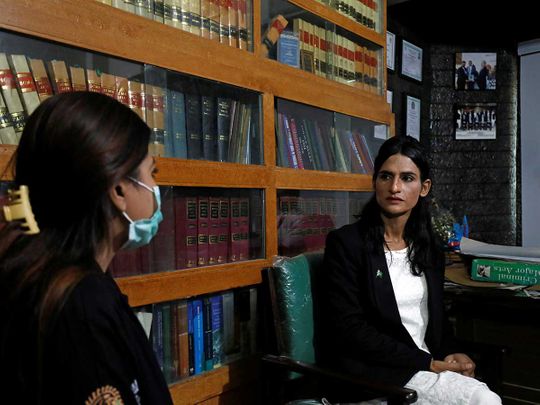
Karachi: The Sindh has become the first province in Pakistan to reserve jobs for the members of the transgender community.
The Sindh Assembly unanimously adopted the Sindh Civil Servants (Amendment) Bill-2021 to reserve a 0.5 per cent quota in jobs of the provincial government for the members of the transgender community.
Sindh Minister for Parliamentary Affairs, Mukesh Kumar Chawla, presented the Bill in the house.
Lawmakers of the main opposition political party in the house, the Pakistan Tehreek-e-Insaf (PTI), staged a walkout before the Bill was presented in the assembly over persisting electricity crisis in Karachi.
While presenting the Bill, Parliamentary Affairs Minister said the 0.5 per cent quota for the community was just a beginning. The government would make efforts that this quota was not only implemented in government jobs but also in the private sector.
He said the Sindh government had already reserved five per cent job quota for the members of the religious minorities and differently-abled persons.
The government last year also passed a Bill to reserve one per cent seat each for differently-abled persons and transgender people in the local government agencies in the province.
Earlier this year, the cabinet approved the draft of the Bill to reserve a job quota for the members of the transgender fraternity in the province.
The then Sindh Information minister, Saeed Ghani, had informed the mediapersons that the proposed law had been aimed at providing an opportunity to transgender people to lead respectful lives.
He had said the members of the transgender community had already been working with the Sindh government after getting jobs through the regular merit-based recruitment procedure.
Sindh Chief Minister, Syed Murad Ali Shah, has also expressed his resolve to empower the communities of transgender and special persons as the marginalised people in society.








